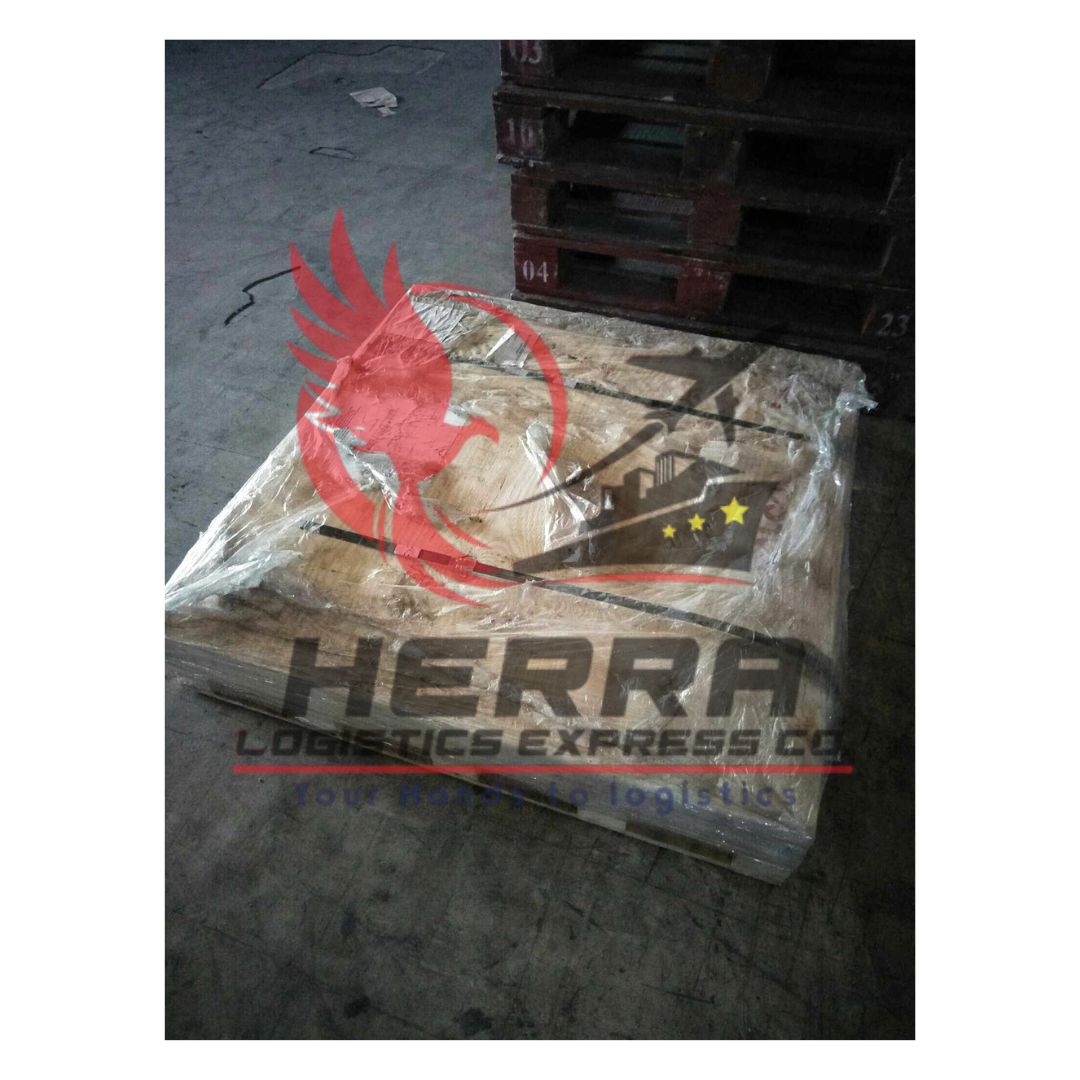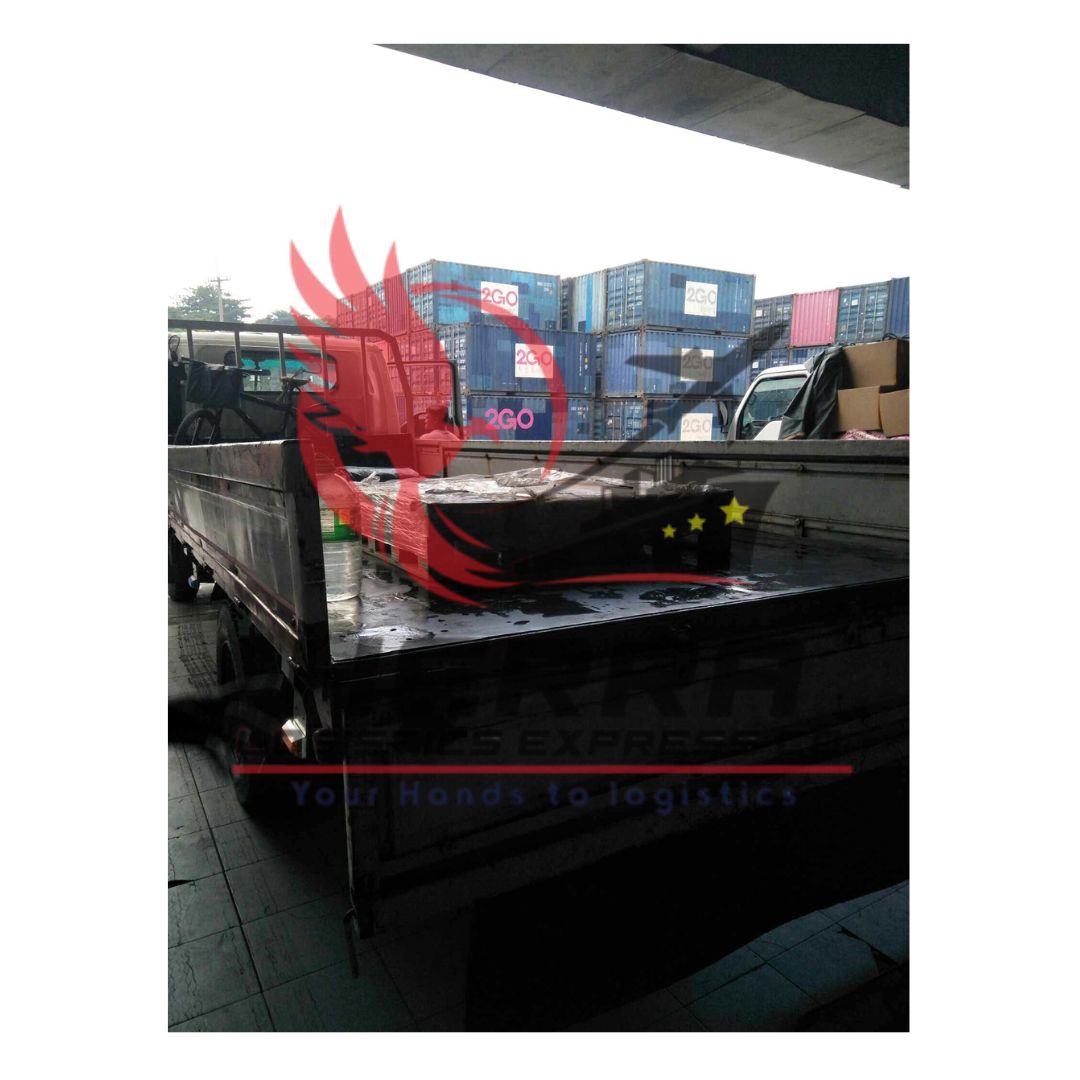LIKE, FOLLOW & SHARE
FB: HERRA Logistics Express co.
IG: HerraLogistics
Tiktok: @herralogistics


- Textile Industry: Nickel screens are extensively used in textile printing processes, especially in rotary screen printing. Their fine mesh patterns allow for precise ink deposition, enabling the creation of intricate designs on fabrics with high accuracy and consistency.
- Filtration: Nickel screens play a crucial role in industrial filtration systems. Their corrosion resistance and durability make them ideal for separating solids from liquids or gases in applications such as water treatment, chemical processing, and food and beverage production.
- Electronics: In electronics manufacturing, nickel screens find applications in various processes such as battery production and circuitry. They are used for precise deposition of materials and as conductive screens in electronic devices.
Benefits:
- Corrosion Resistance: Nickel screens exhibit excellent resistance to corrosion, making them suitable for use in harsh environments where exposure to chemicals or moisture is common.
- Durability: Due to their robust construction and corrosion-resistant properties, nickel screens have a long lifespan, resulting in reduced maintenance costs and downtime for industrial processes.
- Precision: The fine mesh size of nickel screens allows for precise printing and filtration, ensuring high-quality outputs in manufacturing processes.
Considerations:
- Cost: While nickel screens offer numerous benefits, they may have a higher initial cost compared to screens made from other materials. However, their durability and longevity often justify the investment in the long run.
- Environmental Impact: Nickel production and processing may have environmental implications, and it's essential to consider sustainable practices and disposal methods when using nickel screens.
Future Trends:
Advancements in manufacturing techniques and materials may lead to the development of even more advanced nickel screens with enhanced properties such as increased conductivity, improved filtration efficiency, and reduced environmental impact.
In conclusion, nickel screens are essential components in various industrial processes, offering durability, corrosion resistance, and precision. As industries continue to innovate, nickel screens are likely to remain indispensable tools for achieving high-quality results in manufacturing and filtration applications.
- Strategic Location: The Philippines, being an archipelago with numerous ports spread across its islands, is strategically positioned for transshipment activities. Major ports include Manila, Cebu, Davao, and Subic Bay, among others.
- Hub for Regional Trade: With its location in Southeast Asia, the Philippines serves as a key transshipment hub for regional trade, connecting major shipping routes and facilitating the movement of goods within the Asia-Pacific region.
- International and Domestic Transshipment: Transshipment activities in the Philippines involve both international and domestic cargo. International transshipment typically involves goods being transferred between international vessels at Philippine ports, while domestic transshipment involves the movement of cargo between ports within the country.
- Efficient Transfer Facilities: Ports and terminals in the Philippines are equipped with modern infrastructure and equipment to facilitate efficient transshipment operations. This includes container terminals, warehouses, and handling equipment to ensure smooth transfer of cargo between different modes of transportation.
- Customs and Regulatory Considerations: While transshipment within the Philippines generally does not require customs clearance or entry into the local market, there are still regulatory requirements and procedures that need to be followed to ensure compliance with local laws and regulations.
Benefits of Local Transshipment:
- Reduced Transportation Costs: By allowing cargo to be transferred directly between vessels or between vessels and other modes of transportation without the need for intermediate handling or storage, local transshipment helps reduce transportation costs and transit times.
- Improved Efficiency: Local transshipment facilities help streamline logistics operations by minimizing delays and bottlenecks in the supply chain, thereby improving overall efficiency and productivity.
- Enhanced Connectivity: As a transshipment hub, the Philippines enhances connectivity between different regions and countries, fostering greater trade and economic integration within the Asia-Pacific region.
- Optimized Cargo Routing: Transshipment allows for the optimization of cargo routing, enabling goods to be transported via the most cost-effective and efficient routes to their final destinations.
Challenges and Considerations:
- Infrastructure Development: While the Philippines has made significant investments in port infrastructure in recent years, there is still a need for further development and expansion to accommodate growing transshipment volumes and improve operational efficiency.
- Regulatory Compliance: Ensuring compliance with local customs and regulatory requirements is essential to avoid delays and disruptions in transshipment operations.
- Security Concerns: Given the importance of transshipment activities in facilitating regional trade, security measures need to be implemented to safeguard against potential risks such as theft, smuggling, and terrorism.
